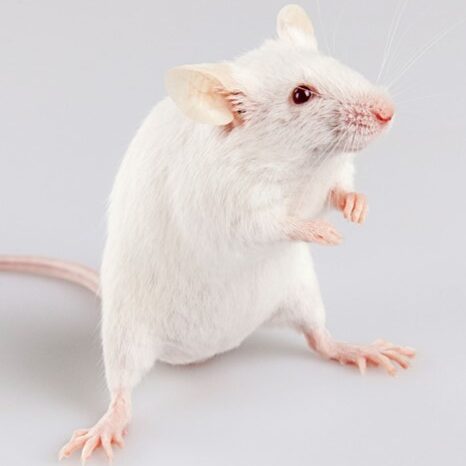House mice (Mus musculus) are the most commonly used mammalian model organism. There has been extensive research performed on lab mice in fields from biology to psychology and beyond. Their biological similarity to humans has made them a permanent fixture in medical science and their use in labs has led researchers to breakthrough discoveries leading to improved vaccines, cancer treatments, organ transplants, and more.
Recently, researchers have been able to force these lab mice to hibernate. Inducing hibernation causes the mice to enter a state of hypometabolism during which their body temperature, heart rate, and oxygen consumption is reduced, similar to the naturally hibernating mammals studied in our lab. Given their similarity to humans, it’s possible that one day this way of inducing hibernation in mice could be translated to humans. Putting humans into suspended animation could be useful for organ transplants, severe injury or illness, and even long-term space flight!
Our work on mice so far!
